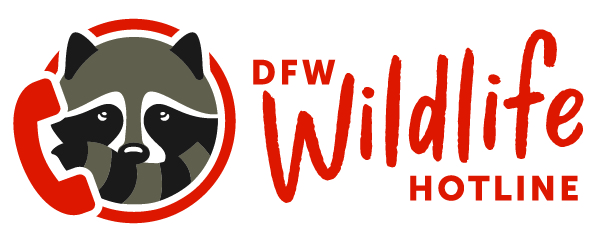Mammal predators in our cities include, bobcats, coyotes, and to a lesser degree raccoons, foxes, skunks and opossum. Their diets consist of a wide range of insects, lizards, frogs, snakes, mice, rats, rabbits, squirrel, and ducks. All except the bobcat are omnivores which extends their diet to also include plants such as fruits, berries, and nuts. A quick look around in your neighborhood, you will understand there is plenty of food. We have made those food sources even denser with accessible dumpsters and feeding of wildlife such as ducks at the park, bird or squirrel feeders in our yards. In fact, food is so plentiful that hunting is not always a requirement when you can quickly dive into a dumpster and dine on our leftovers.
As our cities grow, we have encouraged developers to build green areas and water features in our planned communities. We enjoy a daily walk or run or a visit to the greenbelt to watch the birds, ducks and squirrels. Often, we are willing to pay extra for those experiences.
Many have worried that continued encroachment of our cities might be devasting to our wildlife. Our mid-range mammals have successfully adapted and our thriving in our cities. Basic needs of food, water and shelter are abundant.
As our wildlife has adapted, many studies have been conducted and revealed that traditional trapping of wildlife does not solve the urban wildlife conflict. Because food, water and shelter are so plentiful the removal of an animal just leaves the remaining animals larger territories to raise their family successfully. Another consideration is when the predator prey balance is disturbed there is an increase in rodent and rabbit populations. Increased rodent population can be a health risk. Our urban predators naturally avoid human contact. Studies have also revealed that our urban predators are territorial and when relocated rarely survive.
Conflicts can be resolved with removal of the basic three needs of food, water, and shelter.
- First rule: NEVER FEED WILDLIFE!
-
- Remove and or secure all food sources such as garbage, bird and squirrel feeders, pet food, or fallen fruit or nuts/acorns.
- If you want to feed the birds, please put a day’s portion of seed when you can enjoy the songbirds.
- Place your garbage out the morning of pick up. If you must place out the night before, put half a cup of ammonia in the can to discourage rummaging. Keep dumpster doors and lids closed.
- Do not keep pet food out. If you must feed your dog outside, please pick up any remaining food after 30-40 minutes. Consider feeding indoors to prevent fire ants and flies in your pet’s food.
- When feeding feral cats, alter the time of feeding frequently.
- Do not store pet food or seeds in your garage or out buildings unless secured in a container that cannot be opened or chewed.
- Manage pets.
- When outside, supervise small pets and keep on a leash by your side when walking. Keep small pets indoors.
- Vaccinate your pets annually.
- Bobcats, coyotes, hawks, eagles, and owls do not typically search for pets, however smaller than a rabbit size pet could be mistaken as prey.
- Recommendations are to keep cats indoors as there are multiple dangers in our communities such as cars, disease, cat fights, dogs, hawks, owls, coyotes and bobcats.
- Cats are the major cause of song birds, rabbits, baby opossums, and baby squirrels admissions to a wildlife rehabilitator.
- Water your lawns during the day. Adjust sprinkler systems to prevent pooling of water.
- Avoid allowing landscape to become overgrown.
- Thin brushy areas.
- Don’t keep junk piles or accumulate debris.
- Seal areas that could become den sites such as under a storage shed, a deck, or under a pier and beam home.
- Teach children to respect and never approach or touch wildlife. Explain the wildlife’s role in our cities and to always get an adult to help if wildlife is in need. Small children should always be supervised as there are many dangers in our cities.
- Most conflicts are a result of feeding wildlife which causes habituation that leads to unnatural behavior and conflict.
- Share this information with your neighbors, family and friends. Through education and responsible behavior, animals and humans can coexist in our cities.
A good video showing predator prey in an urban eco-system

